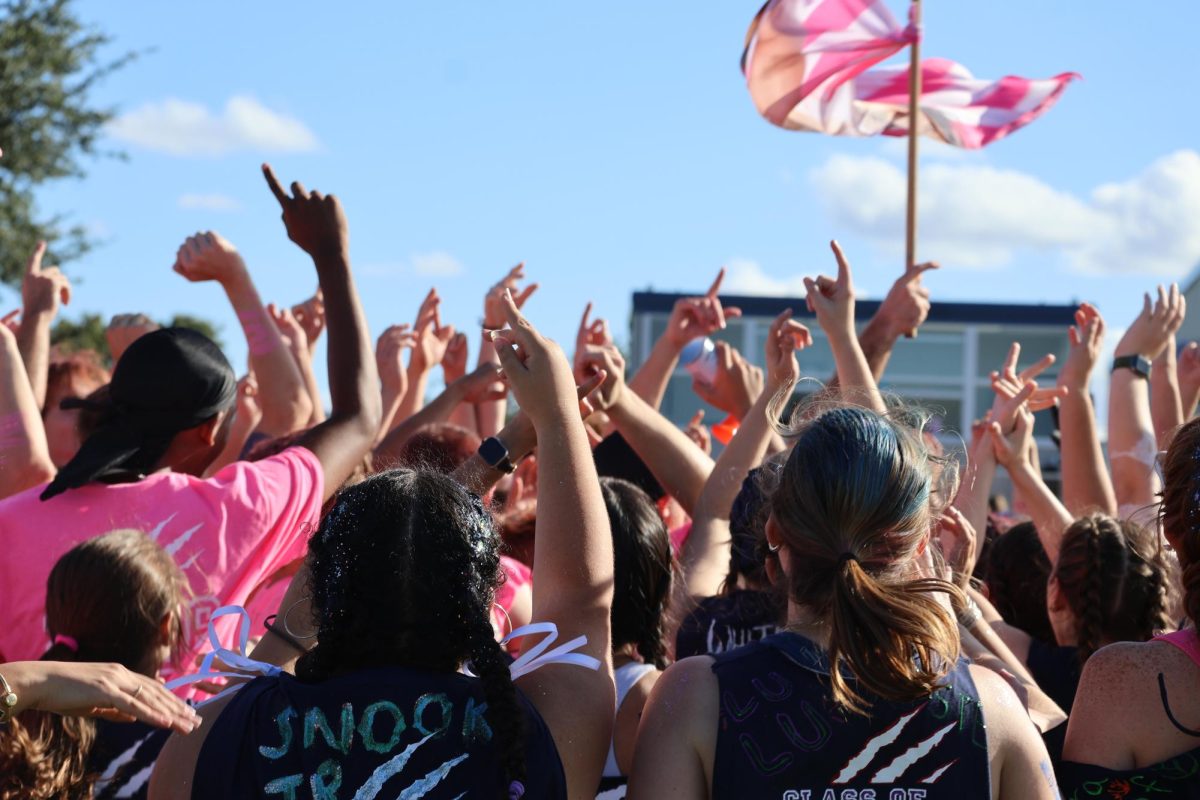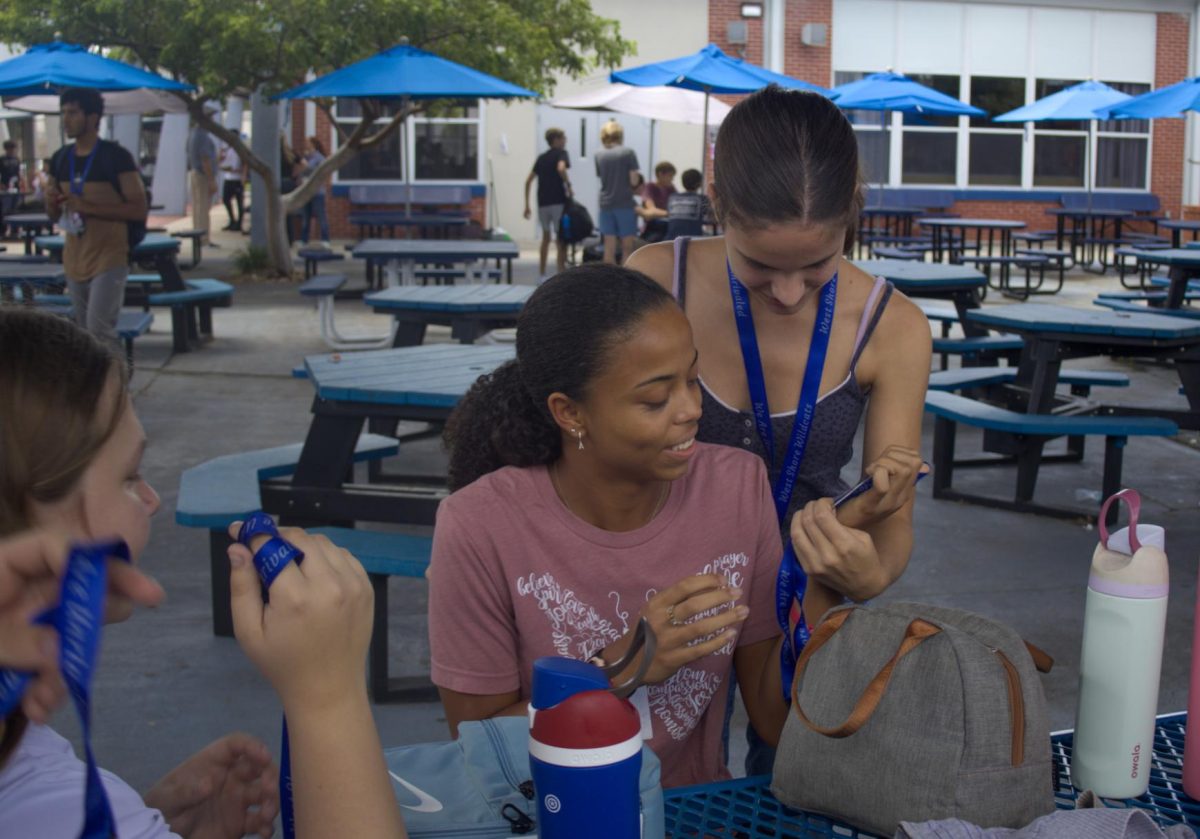“It will leave a lot of kids sheltered, and they’ll likely only see the viewpoints of those around them as opposed to being able to get the opinions of many others,” Sheehan said. “They also probably won’t be as informed about certain topics or know much about what’s going on in the world.”
Senior Josiah Falls said that this sheltering may be beneficial rather than harmful.
“There are things I’ve seen on social media that no young child should see,” Falls said. “They don’t need to see the horrific, bloody things that I’ve seen on my feed. I don’t see an issue with restricting access to social media by people who are not fully developed; there’s no real reason for anyone under fifteen to have social media.”
This bill is the first major restriction upon social media, and it is uncertain whether or not any other states will follow this action. Both Patel and Falls said they hope similar bills will be passed across the nation, but Sheehan said she was uncertain if that is the best idea.
“This could lead to people having more narrow mindsets, leading to less worldly knowledge and possibly more harmful views,” Sheehan said. “This can have both negative and positive affects on mental health, with some being able to relieve stress and anxiety while others are left lonely or without vital support. If this isn’t enforced well and kids are on social media secretly, they will be in even more danger, as they will not have the protection and knowledge of others around them.”
By Hannah Jones


![Sophomore Isabelle Gaudry walks through the metal detector, monitored by School Resource Officer Valerie Butler, on Aug. 13. “I think [the students have] been adjusting really well," Butler said. "We've had no issues, no snafus. Everything's been running smoothly, and we've been getting kids to class on time.”](https://westshoreroar.com/wp-content/uploads/2025/08/IMG_9979-1200x800.jpg)
































